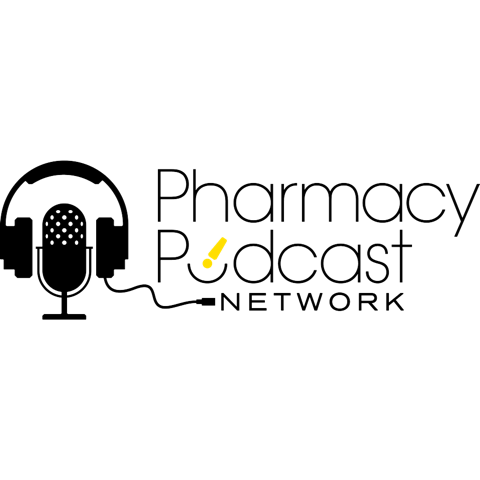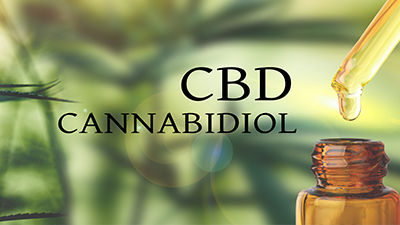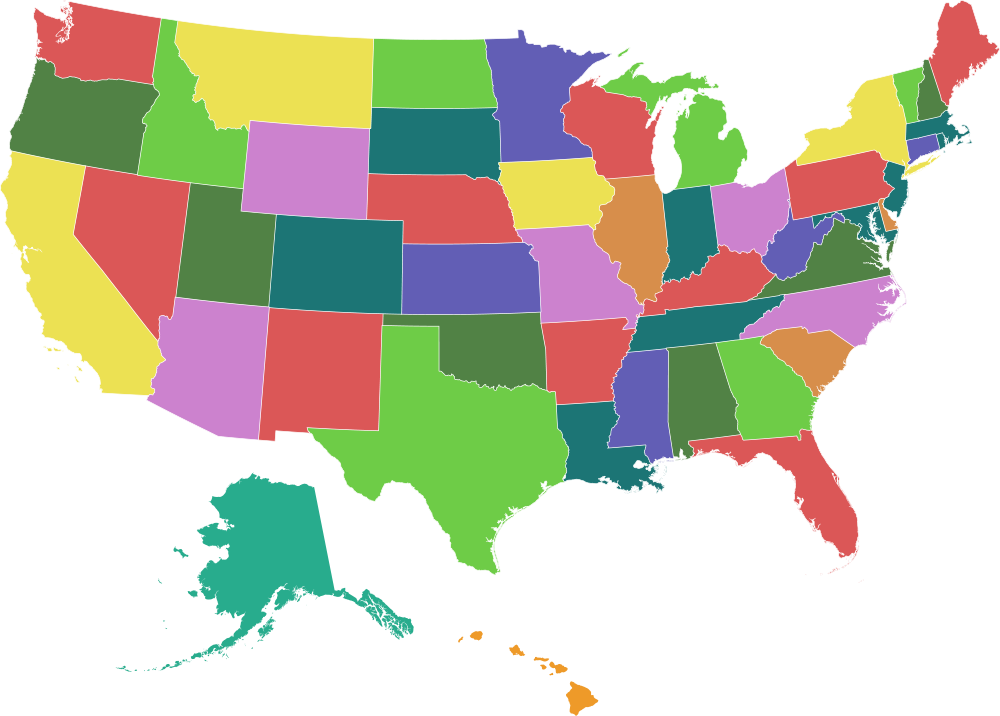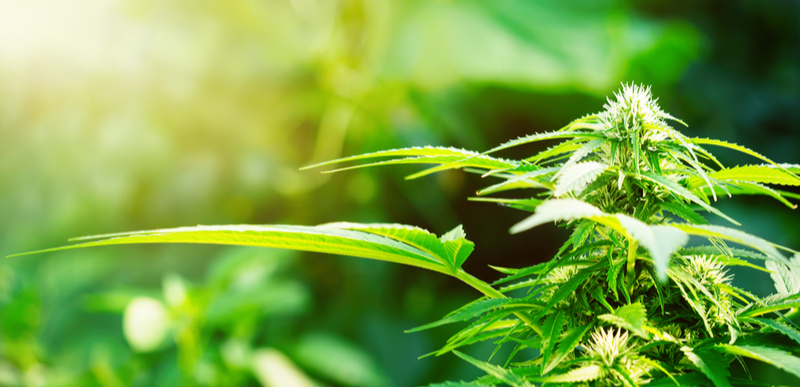
Your Dose of Cannabis Education

Your Dose of Cannabis Education
Only have a minute but want to Learn something every day™? Sign up to receive Your Dose of Cannabis Education, bringing featured content from our course library right to your inbox each day.
Your Dose of Cannabis Education is based on data from the studies and reviews published in the current peer-reviewed medical journals. Whether you are a healthcare provider, patient, caregiver, an individual working in the healthcare sector, or just a curious person, you can benefit from Your Dose of Cannabis Education.
Wake up every morning and get your dose of unbiased evidence-based cannabis education!
Share:

 Yes. Cannabinoids bind to cannabinoid 1 receptors in the hypothalamus which triggers a release of dopamine. The dopamine, in turn, inhibits release of prolactin from the anterior pituitary. Prolactin is necessary for lactation. Cannabis consumption may not completely stop the production of breastmilk, and breastmilk produced by women who consume cannabis-based products may contain cannabinoids.
Yes. Cannabinoids bind to cannabinoid 1 receptors in the hypothalamus which triggers a release of dopamine. The dopamine, in turn, inhibits release of prolactin from the anterior pituitary. Prolactin is necessary for lactation. Cannabis consumption may not completely stop the production of breastmilk, and breastmilk produced by women who consume cannabis-based products may contain cannabinoids. 
 According to the results of a randomized controlled trial involving 33 patients with cannabinoid hyperemesis syndrome, haloperidol (0.05 mg/kg or 0.1 mg/kg) was superior to ondansetron 8mg for average reduction from baseline in abdominal pain and nausea at 2 hours, and was associated with the need for fewer rescue antiemetics and shorter time to ED departure. In this study, there were 2 haloperidol and 6 ondansetron return ED visits for ongoing nausea/vomiting, as well as 2 return visits for acute dystonia, both in the higher dose haloperidol group.
According to the results of a randomized controlled trial involving 33 patients with cannabinoid hyperemesis syndrome, haloperidol (0.05 mg/kg or 0.1 mg/kg) was superior to ondansetron 8mg for average reduction from baseline in abdominal pain and nausea at 2 hours, and was associated with the need for fewer rescue antiemetics and shorter time to ED departure. In this study, there were 2 haloperidol and 6 ondansetron return ED visits for ongoing nausea/vomiting, as well as 2 return visits for acute dystonia, both in the higher dose haloperidol group.
 While cannabinoids do not alter the metabolism of heparin, cannabinoids may impact the metabolism of DOACs. DOAC levels may increase, leading to an increased risk of bleeding.
While cannabinoids do not alter the metabolism of heparin, cannabinoids may impact the metabolism of DOACs. DOAC levels may increase, leading to an increased risk of bleeding.
 An online survey posed questions regarding various aspects of sexual experience and how those aspects were impacted by marijuana use. The results indicated that marijuana helped individuals relax, heightened their sensitivity to touch, and increased intensity of feelings, thus enhancing their sexual experience, while others found that marijuana interfered by making them sleepy and less focused or had no effect on their sexual experience.
An online survey posed questions regarding various aspects of sexual experience and how those aspects were impacted by marijuana use. The results indicated that marijuana helped individuals relax, heightened their sensitivity to touch, and increased intensity of feelings, thus enhancing their sexual experience, while others found that marijuana interfered by making them sleepy and less focused or had no effect on their sexual experience.
 Many factors influence the likelihood and the severity of adverse events, including the type of cannabinoid preparation, the mode of administration, the dose administered, the patient’s expectations, the patient's prior experience with cannabinoid-based therapies, the health of the patient, and the age of the patient. Drug–drug interactions may also lead to adverse events.
Many factors influence the likelihood and the severity of adverse events, including the type of cannabinoid preparation, the mode of administration, the dose administered, the patient’s expectations, the patient's prior experience with cannabinoid-based therapies, the health of the patient, and the age of the patient. Drug–drug interactions may also lead to adverse events. 
Learn something every day™ in your  feed…
feed…
Our courses

CBD in Clinical Care V2

A Nationally Approved CME/CE Medical Marijuana Course V2

Cannabis Essentials CME/CE Bundle
New to TheAnswerPage? There’s lots we’d like to share with you and we don’t want you to miss a thing! Be sure to register today for “Your Dose of Cannabis Education” emails where you’ll gain valuable insights in small doses that fit your schedule and also be provided direct access to the archived daily content.

